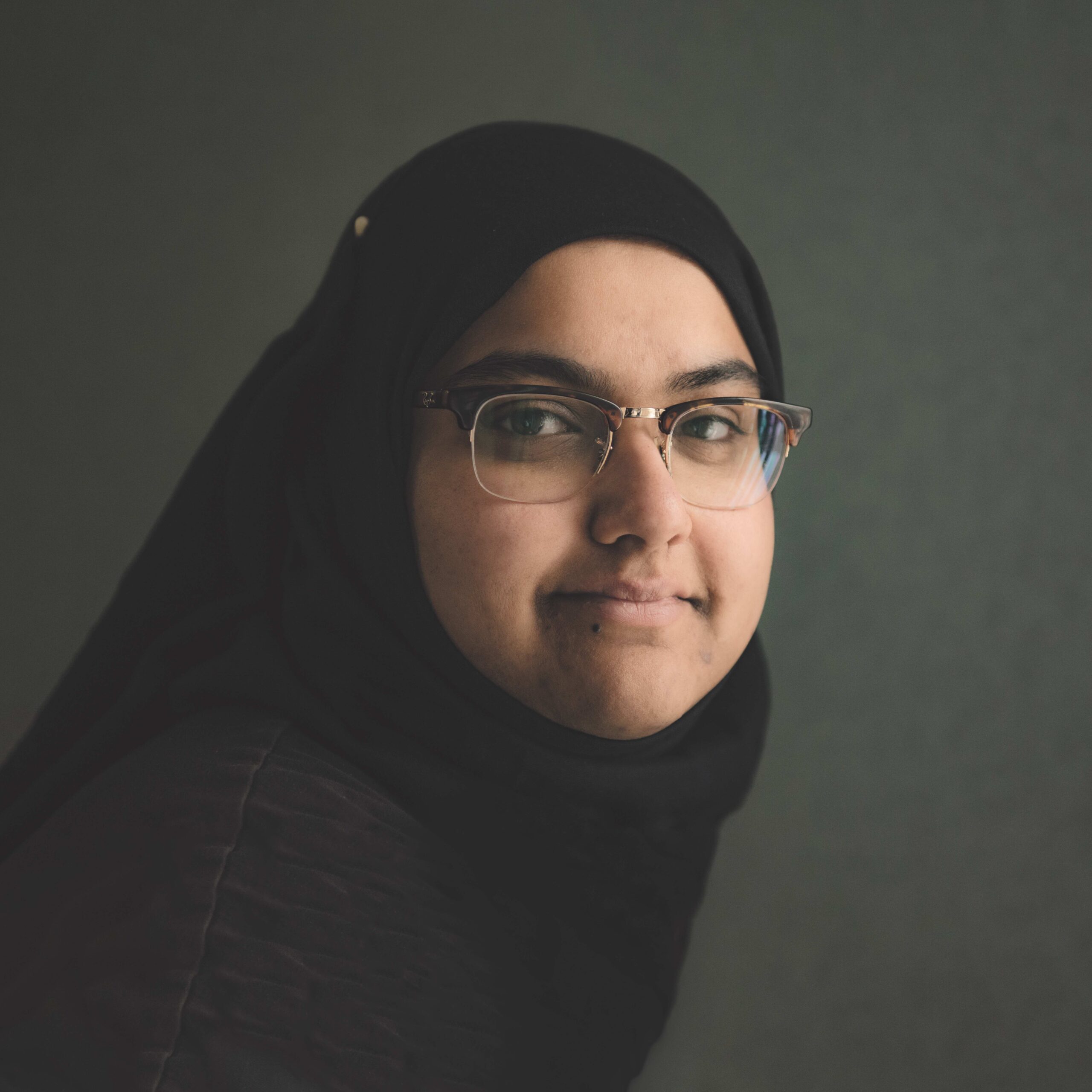Zena Chaudhry is changing the way Muslim children are fostered in Canada. Her mission to fill the gap began in 2017 when she founded Sakeenah, the country’s largest provider of social services for Muslim women and children. But when she learned there was a shortage of Muslim foster families, Chaudhry felt compelled to act again. Last August, she launched Sakeenah Foster Care, the first licensed foster care agency for Muslim children in North America. Now, more than 250 families have applied to be foster parents.
Home While we were running our shelters for women and children, we had experience working with children’s aid societies. And we asked a lot of questions: what are the processes when a child gets taken away? Where are they placed? How do you ensure that if a child is Muslim, they get halal food? The answers were worrisome. The logical solution was to ensure that there are more Muslims who are fostering. You want Muslim children to be in an environment — it doesn’t necessarily have to be with a Muslim family — that understands their cultural and religious sensitivities, whether that’s food, whether that’s Ramadan, whether it’s what they wear or what they believe. A lot of people didn’t even know this was an issue; they didn’t know there were this many Muslim kids in the foster care system.
You may unsubscribe from any of our newsletters at any time.
Obstacles There were only a handful of Muslims who were foster care providers. There’s a lack of awareness. Along with that, there’s a level of distrust toward children’s aid societies, not only from the Muslim community, but from a lot of communities. A very negative narrative has been put out there, which is that children’s aid societies are going to tear families apart. But in fact, they will never remove a child from their family home if they don’t think it’s in that child’s best interest.
Process We don’t only foster Muslim children — we’re open to children of all faiths and cultural backgrounds. But we want to make sure that the families we have on-board have the sensitivities and the training to foster to the best of their abilities. Today, we have a few foster families that are coming to the end of their training and home settings with us. It’s about a three- to six-month journey to become a foster family.
More on Broadview:
- Anamika Baijnath makes sure decision-makers listen to and stand up for children
- These Indigenous groups are helping youth aging out of foster care
- The incredible story of finding my brother in my 60s
Support We want to give more than what the government says we have to give — there’s so much we can add. We understand it’s very traumatic when a foster child gets taken away to somewhere else, so we’re also providing mental health services and monetary amounts for a child to join a sport or a league, so they feel like any other kid in their community. Just because they’re a foster child, doesn’t mean they shouldn’t be able to play. We want to ensure that we are giving every child the best chance of success in life. That means after they turn 18 and age out, that we still provide support steps in whatever ways they need and foresee. Our doors are always open.
Outlook We believe in slow and steady growth until we have our bearings in Ontario. Every province has its own license, provided by the provincial ministry. For us, it’s about providing services everywhere that we possibly can — if an organization from British Columbia or Newfoundland or Quebec approaches us and says, “We want to do this too,” then we are happy to support them. There’s a gap in the United States as well. We are hoping that every child who needs a foster home like this is able to be in one.
***
This interview has been edited and condensed for length and clarity. It first appeared in Broadview’s March 2023 issue with the title “Zena Chaudhry.”
Sanam Islam is a freelance journalist in the Greater Toronto Area.













